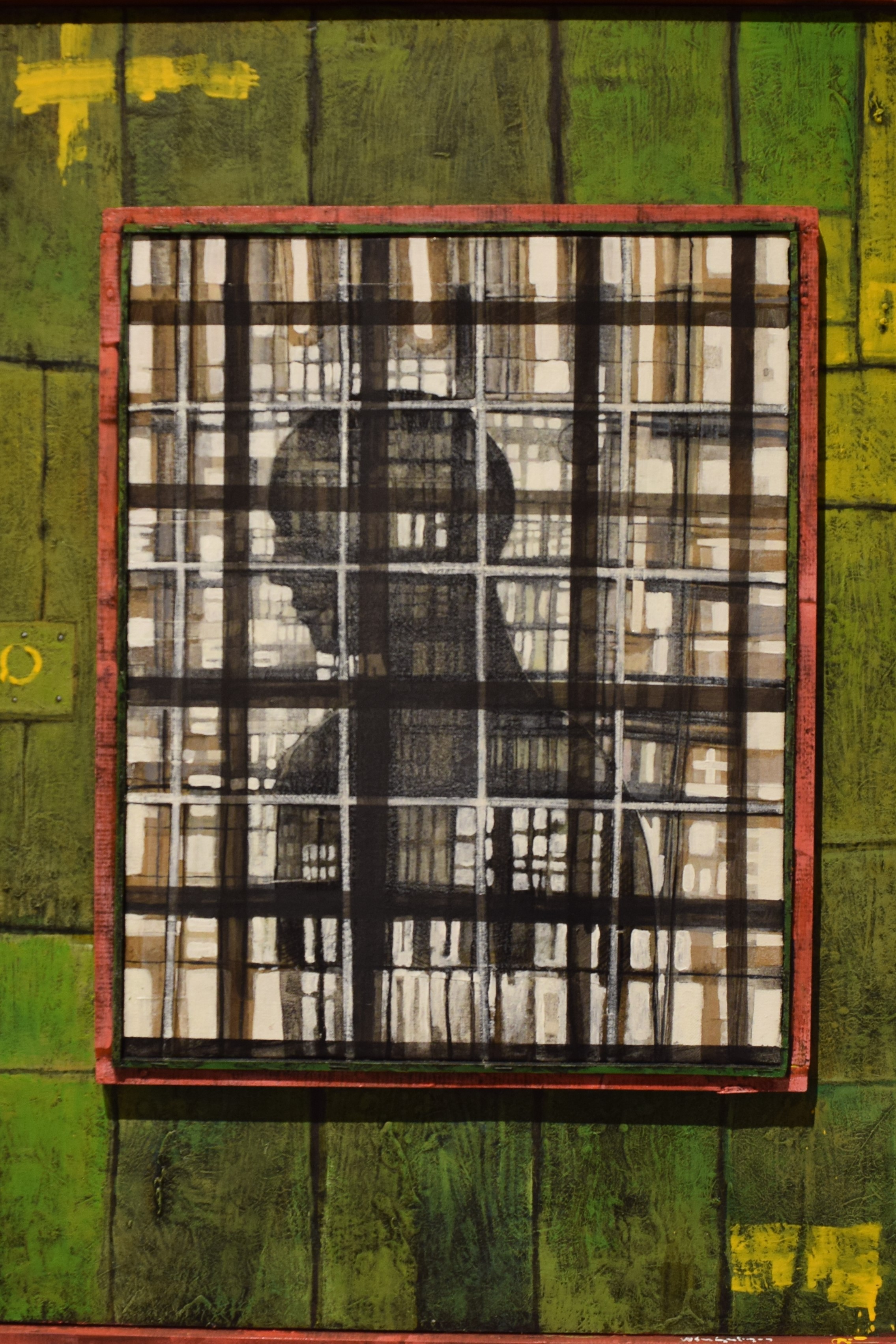Resumen
This essay focuses on how, in Zora Neale Hurston’s novel Their Eyes Were Watching God (1937), African American women get noticed through the use of gaze and visual experience. The marginalization African American women have experienced over the years makes them produce an alternative communication system based on sight and visual understanding. That is, the visual takes over the impossibility of black women to express themselves verbally: instead of voice there is sight.Citas
Asante, Molefi Kete. (1992). “Locating a Text: Implications of Afrocentric Theory.” Language and Literature in the African American Imagination. Ed. Carol Aisha Blackshire-Belay. Westport: Greenwood Press, 9-20. Barthes, Roland. (1981). Roland Barthes by Roland Barthes. Trans. Richard Howard. New York: Hill and Wang.
Burrows, Stuart. (2001). “You Heard Her, You Ain’t Blind: Seeing What’s Said in Their Eyes Were Watching God.” In: NOVEL: A Forum on Fiction, 34 (3), 434-452.
Clarke, Deborah. (2001). “The Porch Couldn’t Talk for Looking: Voice and Vision in Their Eyes Were Watching God.” African American Review, 35 (4), 599-613.
Hudson-Weems, Clenora. (2004). Africana Womanist Literary Theory. Trenton: Africana World Press.
Hurston, Zora Neale. (2006). Their Eyes Were Watching God. New York: Harper Perennial.
Hooks, Bell. (1992). Black Looks: Race and Representation. Boston: South End Press.
Kawash, Samira. (1997). Dislocating the Color Line: Identity, Hybridity and Singularity in African-American Narrative. Stanford: Stanford University Press.
Nicholas, Alice L. (2013). The Non-Verbal Visual as Agency: African American Women’s Communication in Zora Neale Hurston’s Their Eyes Were Watching God. MA Thesis. California State University at Dominguez Hill.
Tangum, Marion M., and Marjorie Smelstor. (1988). “Huston’s and Angelou’s Visual Art: The Distancing Vision and the Beckoning Gaze.” The Southern Literary Journal, 31 (1), 80-97.
Wallace, Michelle. (1990). “Modernism, Postmodernism and the Problem of the Visual in AfroAmerican Culture.” In: Out There: Marginalization and Contemporary Cultures. Ed. Russell Ferguson et al. Cambridge: MIT Press, 39-50.
Washington, Mary Hellen. (1977). “Teaching Black-Eyed Susans: An Approach to the Study of Black Women Writers.” Black American Literature Forum, 11 (1), 20-25.
Williams, Sherley Anne. (2000). “Encountering Zora Neale Hurston.” In: Their Eyes Were Watching God: A Casebook. Ed. Cheryl Wall. Oxford: Oxford University Press, 59-116.






